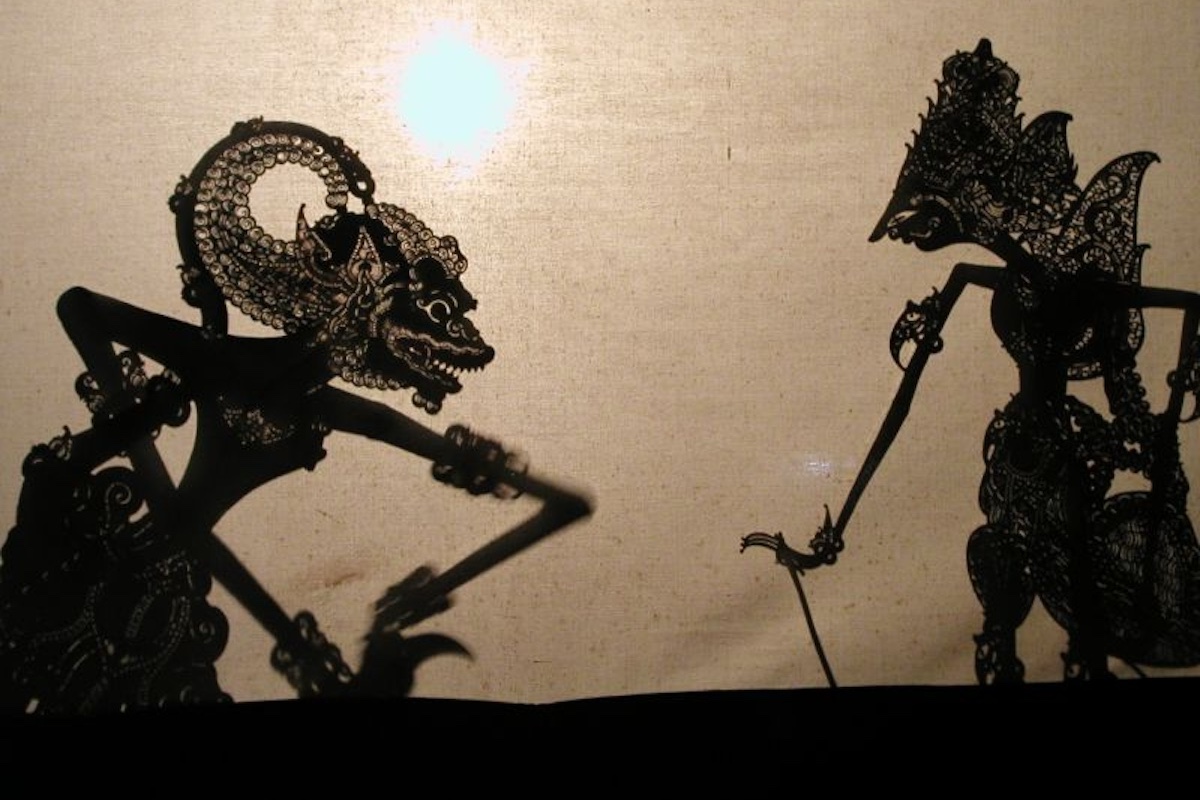Almost a quarter of a century ago, Southeast Asia was considered a hotspot of political and economic global risk.
The region was the epicenter of a devastating economic and financial crisis in 1997, which triggered waves of political unrest and transition. There followed the 2001 Al-Qaeda attacks on New York and Washington that spawned terror attacks by Islamic extremists in the Philippines and Indonesia.
Today, much of the rest of the world is going through even more uncertain times, yet Southeast Asia is enjoying an economic boom. The region enjoys unprecedented political stability and, with the notable exception of Myanmar, is largely at peace.
GDP growth in Southeast Asia was close to 5% in 2023, and with China beset by economic woes and geopolitical risk, the region attracted close to a fifth of global FDI, making Southeast Asia one of the fastest-growing regions in the world.
As ASEAN foreign ministers gather in Vientiane for their annual ministerial summit, it might seem appropriate to celebrate the region’s position of relative strength. But this economic prosperity and relative stability cannot be taken for granted in a more uncertain world.
Political uncertainty has traditionally been a high risk for the region, with two military coups in Thailand since 2006, not to mention the military coup in Myanmar in 2021.
Yet for all the criticism of how democratic pluralism is managed, there have been relatively smooth leadership transitions through the ballot box in Indonesia, Malaysia, and the Philippines.
Last year, veteran Cambodian strongman Hun Sen transferred the reins of power to his son Hun Manet. Even the turmoil within Vietnam’s Communist Party has not led to political unrest or violence.
These historic levels of stability have generated impressive social and economic benefits. Whilst the pandemic pushed almost 5 million people in Southeast Asia into extreme poverty in 2021, and almost 10 million jobs were lost, the region bounced back quickly as governments used a judicious mix of effective public health care and financial subsidy.
The Economist points out that Thailand’s public health system has pushed average life expectancy for men in the country higher than in the United States.
That’s not to say there is no political risk. There could always be another coup in Thailand; Hun Sen doesn’t seem content to take a back seat in Cambodia, and Indonesia elected a former army general with centrist ideas who could roll back some of the democratic progress the country has made since the fall of President Suharto in 1998.
Even so, the third decade of the 21st century sees Southeast Asia becoming a haven for global investment and tourism. In many ways, this is partly the result of challenges facing China, where the economy has hit the buffers amid falling consumer demand, as well as import and investment barriers imposed by the West.
Yet even if Southeast Asia is attracting people and investment, security risks remain, and may in fact be more concerning than two decades earlier. For what Southeast Asia is doing worse than ever before is cooperating on critical regional security issues. The collective response to the coup in Myanmar has been appallingly weak and disjointed.
China and the United States have managed to tramp through the region with ever-increasing levels of military presence, raising levels of alarm about a possible confrontation between the two big powers in the South China Sea.
Arguably, the economic robustness and political certainty of most ASEAN countries have reduced levels of effective regional cooperation.
Regional leaders spend less time conferring or meeting with one another so they can focus on domestic issues that impact their poll ratings; once close personal relations between leaders who spent decades in power are no longer common in countries that now more regularly change governments.
Twenty years ago, things were different. ASEAN was more central and relevant in regional diplomatic and security calculations. The larger powers all sought high-level summits with ASEAN leaders; there were experienced statesmen leaders and a network of officials and intellectuals who regularly convened to think through the region’s challenges.
Today, these conversations have faded while larger powers deal directly with individual ASEAN member states. The US elevated ties with Vietnam to that of a comprehensive strategic partnership last year and reinforced a military base agreement with the Philippines.
For its part, the Philippines feels that China’s intrusion into its territorial waters is ignored by fellow ASEAN member states. Thailand and Malaysia struggle to cement in place closer economic cooperation to manage their conflict-affected border.
And then there is Myanmar, where the country’s fragmentation poses security threats to bordering states, and yet there is simply no consensus on how to manage the situation as drug production, transnational crime and mass displacement threaten the wider region.
Those who take comfort from the fact that the larger conflicts in Eurasia and the Middle East are far away should not underestimate the ripple effect of escalating geopolitical turmoil. A less cohesive Southeast Asia is prone to divide and rule.
Russia and China are seeking to prise Southeast Asian states away from closer relations with the West. The US, meanwhile, has used its military alliance with the Philippines as cover to increase deployments of more potent weaponry closer to Taiwan.
Almost 70 years ago, much of Southeast Asia was newly independent and determined to advocate for a fairer global rules-based order. Indonesia hosted the Asia-Africa Conference in Bandung and declared a united front against the threats of imperialism.
Today, global threats to security and therefore self-determination are once again apparent. But there are few signs the unifying Bandung spirit can be rekindled in Southeast Asia, just when it is desperately needed.
Michael Vatikiotis is a veteran observer of Southeast Asia affairs and the author of “Blood and Silk: Power and Conflict in Modern Southeast Asia.” Follow him on X at @jagowriter


